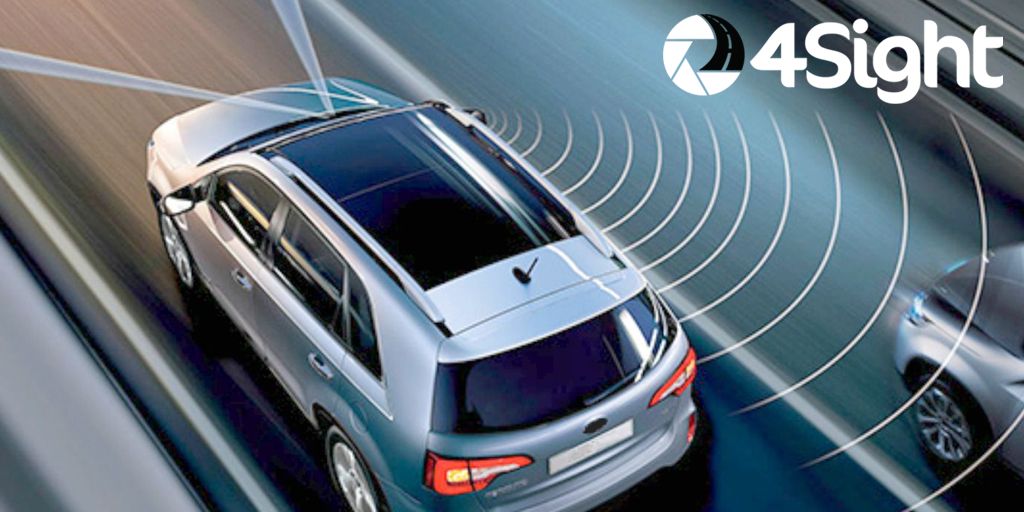Those of us lucky enough to be perusing the details of a new car will have likely browsed the specification lists and undoubtedly been reassured and probably impressed by the long list of technological features, including those related to your safety. Lane assist, blind spot recognition and traffic sign recognition to name but a few. This is on top of the wireless charging, in-car apps and voice recognition. Technological advances in vehicles have developed quickly and while amazing, are they doing us any good?
Of course, on paper it looks that way. With myriad information literally surrounding us in our cars, surely we’re safer than ever before? However, studies in Canada have suggested otherwise. For example, the iDAPT (Intelligent Design for Adaptation, Participation and Technology) Centre for Rehabilitation Research at Toronto Rehab, found that some driver assist features aren’t leading to better drivers at all. One of their main concerns came around lane departure warnings. In fact, in the people they tested, the lane-keeping skills of drivers (using a driver simulator) dropped with the introduction of lane assist. Additionally, it’s interesting to consider who lane departure warnings are aimed at? Is it for someone who might be falling asleep on a long journey? Or is it making texting at the wheel more achievable? Perish the thought. Surely though, if your eyes are on the road, you know if you’re in the right lane or not? Is technology making us lazy, complacent and, scarily, less respectful of the road.
If you look at accident figures in the UK the overall casualty rate per vehicle mile decreased by seven per cent between 2017 and 2018, although, on the more serious end of the scale when it comes to accidents, latest figures show that in the year ending June 2018, there were 1,770 reported road fatalities, a three per cent increase from 1,718 in the previous year. Of course, accidents do not just occur because of in-car technology but with rapidly increasing and ever more advanced safety features present you’d perhaps expect a more significant decrease in accidents occurring.
So, what’s the solution? In short, we think a combination of good old fashioned attention to the task at hand and technological advances is key. If we all approached each journey with the aim of focussing solely on the road, what’s going on around us while driving and relied only on technology to enhance this attitude, we’d undoubtedly be safer. Ultimately, our own eyes and ears need to be the first port of call when it comes to detecting danger and then technology used as back up only if something completely unpredictable happens. It should absolutely not be the other way round whereby we become complacent and rely on cars to ‘pretty much drive themselves’ and for technology to tell us how to drive.
If the worst should happen and an accident does occur, technology could however become your guardian angel, particularly if you are travelling by yourself or with passengers that wouldn’t necessarily know what to do in an accident, such as young children. For example, our dashcam app, 4Sight, left to run by itself during your journey and in no way distracting would notify our call centre within seconds of the collision occurring so you can get the assistance you need, and emergency services can be alerted if needed. If all safety technology was used in this manner, non-intrusively and only when absolutely necessary, we might all be safer.
In conclusion, while on first impressions, technology in cars is incredible and without a doubt extremely clever, whether or not it actually helps to keep us safe is still up for debate. We think technology, used right, can help keep us safe. Education is needed for drivers so they fully understand their car’s capabilities and, perhaps more importantly, its limitations. Using in-car technology to support our natural instincts and ability to read a road and other drivers is key. And, if the worst should happen, using technology to get you the help and support you need could pay dividends.
For more information regarding the 4Sight app or to enquire about partnership opportunities, please visit https://www.get4sight.co.uk

